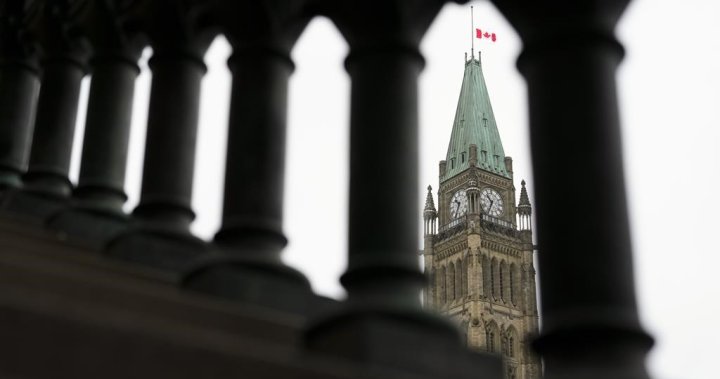A new report from Statistics Canada reveals that higher interest rates in 2023 led to the largest gap in income inequality since 2015. The report shows that the increase in interest rates negatively impacted the income and net worth of the lowest income and least wealthy households, while benefitting high-income households. This resulted in a widening gap between households in the two highest and two lowest income brackets. The federal government’s 2024 budget, which aims to tackle income inequality, proposes changes to how capital gains are taxed in order to have the wealthiest Canadians pay more taxes on their realized profits. Despite these efforts, the average disposable income for lower-income households remained relatively unchanged due to increased interest payments on mortgages and credit cards.
High-income households saw the fastest increase in income in 2023, attributed to gains in wages and net investment income. The proposed changes to how capital gains are taxed are set to come into effect in June 2024. Economist David Macdonald expresses concerns about Canadians being able to make ends meet amidst the soaring cost of living. The 2024 budget primarily focuses on addressing the housing affordability crisis with long-term measures that may take several years to yield results. Former parliamentary budget officer Kevin Page notes that the budget’s size is typically reserved for federal election years, indicating a belief in the government’s ability to help its citizens through increased spending and taxation.
The 2024 budget, aimed at assisting young Canadians, promises to make it easier to buy a first home and address costly concert ticket fees. Finance Minister Chrystia Freeland emphasizes efforts to increase the availability of affordable housing and drive economic growth for future generations. Pierre Poilievre, leader of the Conservative Party of Canada, criticizes the budget’s deficits and links them to the rising cost of living. While food prices remain a significant affordability concern, the budget largely leaves out addressing this issue. Grocers like Walmart and Loblaw have resisted signing a proposed grocer code of conduct, warning it could result in higher prices for consumers.
Despite pressure from the federal government to stabilize food prices, the 2024 Food Price Report estimates a 2.5 to 4.5 percent increase over the next year. The budget did not address this issue directly but introduced a national school food program that will distribute $1 billion over the next five years. The program is expected to benefit millions of children and their families struggling with food insecurity. NDP Leader Jagmeet Singh has demanded the school food program and has yet to announce his party’s stance on supporting the budget. The budget is criticized by some as being fiscally irresponsible, while others see it as a necessary step towards addressing income inequality and affordability challenges in Canada.















